The Story
I had a problem. After several months of work, I was finally ready to publish the second edition of my novel, A Life Transparent. The details were in place, the cover design tweaked, the revisions made. All of this was set up for a re-release in anticipation of the book’s sequel early next year.
I picked CreateSpace as my printer and publisher. I’d read good things. Their integration with Amazon was tantalizing, and the free ISBN was a perk. There was low cost involved, and I wanted very badly to get away from Lulu, whose rates spiked since I published with them over three years ago. Everything seemed set in stone. I made plans around it.
Then I saw the proof, and the world sort of ended for me. Okay, maybe that’s a bit too dramatic. Let me put it another way: It sucked. The cover was misaligned when they fed it through the printer. The barcode was at a slight angle. They used too much glue in the binding which caused hardened bubbles along the edge of the back cover. The pages weren’t cut properly, leaving short stubs jammed into the binding along will all that glue. The cover stock was the sort that, when exposed to heat for a lengthy period, would curl back. Leave it in the sun long enough and the laminate starts to peel off.
I looked at it and thought, “No wonder self-publishing gets a bad rap.”
Worse: I realized I was back at the start. All those plans? Obliterated. I went back to the drawing board, so to speak, and tried to think of ways to make this happen without compromising its quality.
The Drawing Board
I’d read a bunch of articles leading up to that point. I recall several pieces by Zoe Winters about going completely indie. That is, owning your ISBNs, establishing yourself as your own business, and putting your work out there like your meals depend on it. It’s something I always dreamed of doing, but the financial means to do so wouldn’t allow it. Sure, I could save up to cover the set-up costs and registration fees, but that could take a long time. I’m a working-class guy. I have a family, bills, car repairs—incremental shit happens which could easily derail said savings, and things like that always happen when you aren’t planning for them.
I looked into Lightning Source (LSI). I set up an account, signed the necessary contract and obtained their fee schedule. I got feedback from other writers who’ve used their services.
Back when I was in college, I self-published a short story collection by way of a small, offset printer. I held a fundraiser of sorts, and anyone who tossed in a couple of bucks got their name in the book and a free, signed copy. That book happened. It was my first taste of the independent lifestyle, and I liked it. So I wondered, Why not do that again?
I remembered reading about this guy, Robin Sloan, on Galleycat back in September. This introduced me to his project on Kickstarter, a site built for the purpose of fundraising creative ventures. I won’t go into the details of Mr. Sloan’s success—that much is evident on his project page—but seeing it did plant a seed. That seed sprouted when it needed to.
The Proposal
See, not just anyone can use Kickstarter for your project. You have to write a proposal. Tell them what your project is about, why you’re doing it, and so on. I had to do something a lot of writers hate doing (and believe me, I’m one of them): I had to put on my marketer hat. I had to do the brazen self-promotion thing. I had to write up a plan, and pitch it to them. They want to know what it is, why you’re doing, why it matters, and how you intend to promote it. It was daunting, but I put something together which sounded a little too much like a self-help guru pitch on late-night TV and sent it to them.
It took about a week, but they got back to me. My project was approved. I was over the first hurdle. Then I had another, larger one to cross: Pitching the project to potential backers.
The Project
I set the goal at $2000.00. The way this works is, you get people to go to the project site and pledge. Kickstarter takes their payment info. It’s all-or-nothing funding. If, by midnight on August 13th, my project has not earned the minimum $2k, no one gets charged, and I don’t see a dime. I got to set the ending date—Kickstarter suggests 45 days, but I chose 65, and it can go up to 90. As long as the project earns the minimum goal, it can climb as high as possible. Kickstarter gets 5% of the final take, and Amazon (which handles the transactions) takes up to 2.9%. The rest goes to the project creator.
They encourage incentives. I scoped out other projects, got an idea of what they were offering for different tiered pledges, and I made up my own. I knew I wanted every one who pledged to get a copy. For $5, you could get access to exclusive updates on the project page and a free, printable PDF. For $100, you could get a digital copy formatted for the e-reader of your choice, three signed hardcovers, an early peek at the next book and a signed copy once it’s published. And, for the full $2000, available to only a single person, they get everything I have to offer, from a phone call to a letter to a signed copy of everything I ever publish for life. This was the fun part, coming up with all sorts of incentives to make it worth the cash.
The Test
Is it a good avenue to get something off the ground? I don’t know. I won’t know until the deadline. Robin Sloan had a huge following, and Kickstarter featured his project fairly early on. I have my own site at my disposal, referrals from the sites of others, Facebook and Twitter. I have tried-and-true word of mouth. At the time of this writing, my project has earned 20% of its goal. It’s been only six days.
This early in the project, I can only say one thing for sure: I feel indebted to the folks who have pledged. I feel driven to satisfy them, to give them something that lives up to their pledges. I want to make the best damn book I can for them. It’s great to spend months, or even years, locked away in a room, typing out a masterpiece, but not a single word will make a bit of difference if no one reads it.
These folks believe in the project enough to drop their own cash for it. Delivering something worthy of their time and money is the least I can do for making it all happen.
Get an Editorial Review | Get Amazon Sales & Reviews | Get Edited | Publish Your Book | Enter the SPR Book Awards | Other Marketing Services













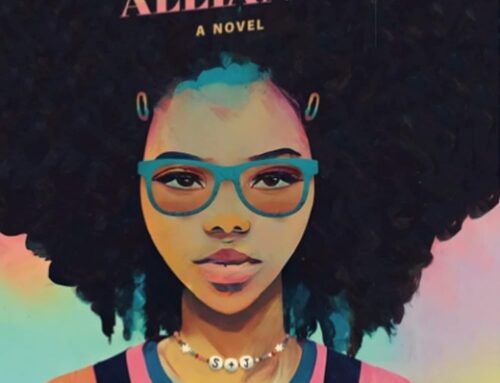
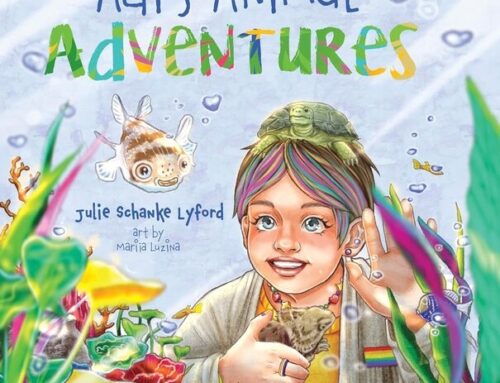
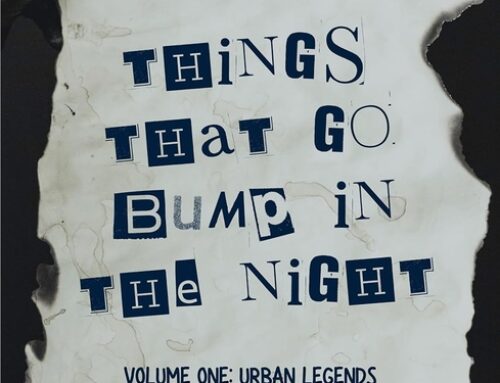
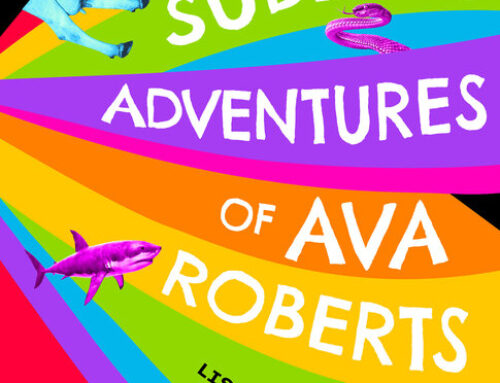
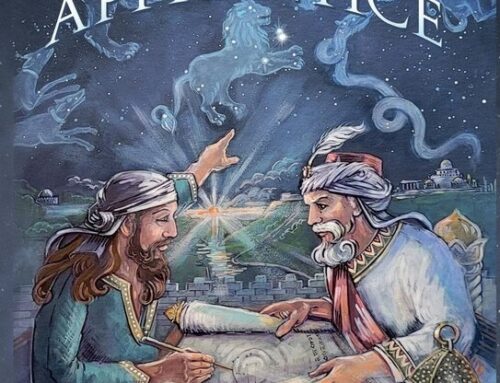
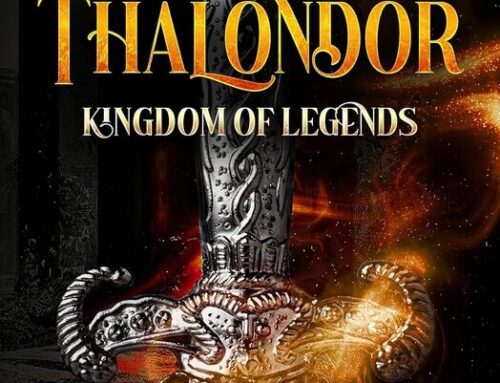
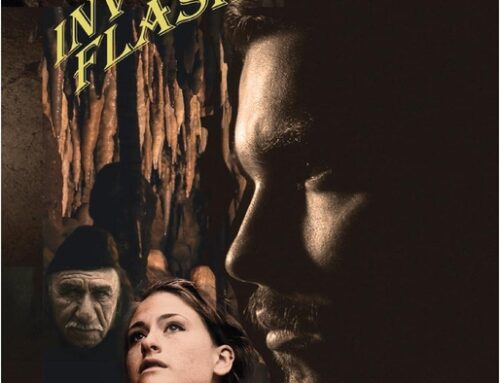
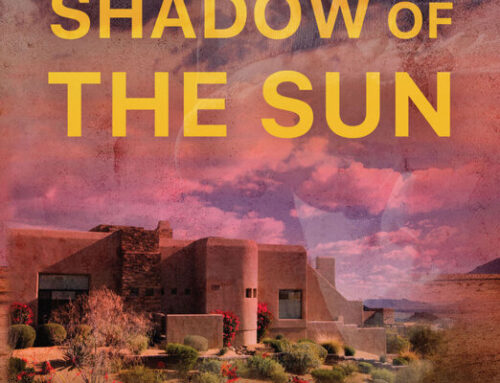
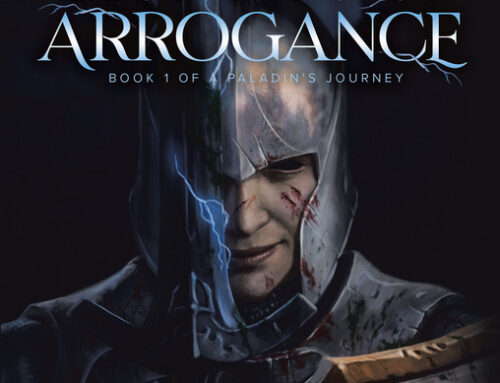
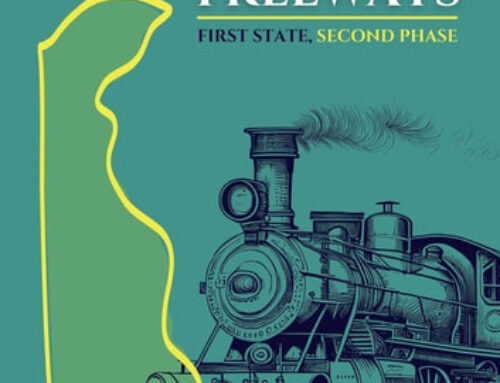
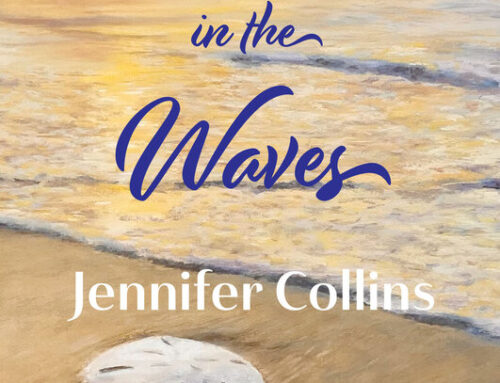
I’m really interested in this project for a number of reasons. First and foremost because I believe in what Todd’s doing and the quality of his work; I want to see this book published because it deserves to be, and others deserve to read it. Second, I believe in the power of the writer to manage their own destiny, and if the success of this project inspires even one other writer to step up to the plate and take a swing, it will have been a success on many levels.
Sounds like you got a bad proof copy from Createpsace. It can happen with any company, even Lightning Source. It just takes one machine to go offline and get wonky and blam. I have had it happen with several printers, including Lightning. One time with Createspace I got a batch of review books and there was a toner saturation issue in 3 out of 10 of the books. I sent them an email and they replaced the entire order free of charge, not just the ones that were faulty. They just needed the print codes from the back page of the books so they could identify the machine in question and the run. Lightning will also replace faulty books.
This sort of thing is unavoidable, even with offset printing a run can go bad. I had issues with Lightning as well, mostly with the cut being outside of their stated tolerances and poor lamination. Now considering how many books I have had printed with Createspace, the error level has been extremely low. Lulu’s in house printers on the other hand suck.
I wish you much luck with Lightning and the Kickstart thing.
That’s too bad. I’ve had multiple copies of my book come from Xlibris and they’ve been wonderful in binding, color, and content. Not sure if it’s the various printers they use or what, but I’ve never had a complaint with their quality.
If you reach your goal — and I hope you do — I’d like to review the book for Basil and Spice. Let me know, please.
I’ve published eight books with CreateSpace and I am pleased with the results. I posted a few layout hints on my web page if you are interested.
http://www.booksbybyron.com/byronsbookstorecopy_006.htm